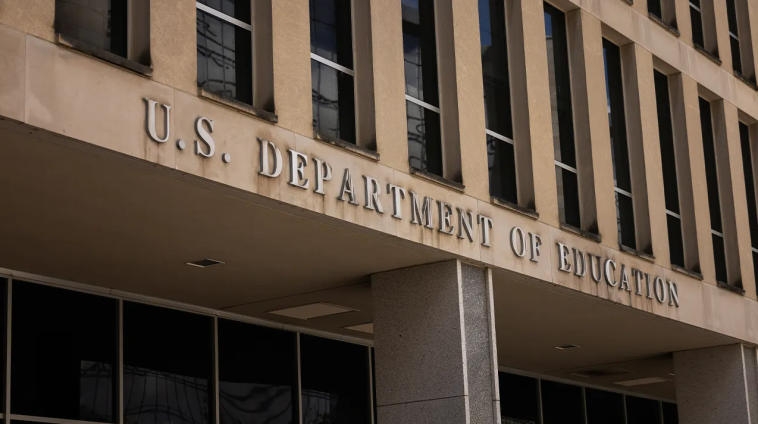In a decisive move, the Department of Education has issued a stern warning to public schools nationwide: eliminate Diversity, Equity, and Inclusion (DEI) policies or face the loss of federal funding. This directive, part of the Trump administration’s broader agenda to dismantle DEI initiatives across federal agencies, emphasizes strict adherence to federal civil rights laws.
Craig Trainor, the acting assistant secretary for civil rights, articulated the department’s position, stating that institutions failing to comply “may, consistent with applicable law, face potential loss of federal funding.” He further condemned the “overt and covert racial discrimination that has become widespread in this Nation’s educational institutions,” signaling a zero-tolerance policy for such practices.
This announcement follows a series of actions targeting DEI programs. Recently, the Department of Government Efficiency (DOGE), under the leadership of Elon Musk, revoked over $100 million in grants designated for DEI training within the Department of Education. These measures reflect a concerted effort to eliminate what the administration perceives as “wasteful” spending on initiatives that prioritize diversity over merit.
The impact of these policies is already evident. Sacred Heart University in Connecticut recently lost a $3.38 million grant intended for a teacher residency program in Bridgeport and Stamford. This program aimed to address critical teacher shortages, particularly in special education and STEM fields. University officials expressed disappointment, emphasizing the program’s role in training up to 80 teaching residents over the next five years.
Critics argue that the administration’s aggressive stance against DEI policies undermines efforts to promote inclusivity and address systemic inequalities in education. However, proponents assert that these actions are necessary to ensure that educational institutions uphold principles of merit-based advancement and equal treatment, free from what they consider divisive and discriminatory DEI mandates.
As the debate intensifies, public schools and universities are faced with critical decisions: comply with the new federal directives or risk significant financial repercussions. The unfolding situation underscores the administration’s commitment to reshaping the educational landscape by prioritizing uniform standards over diversity-driven policies.


